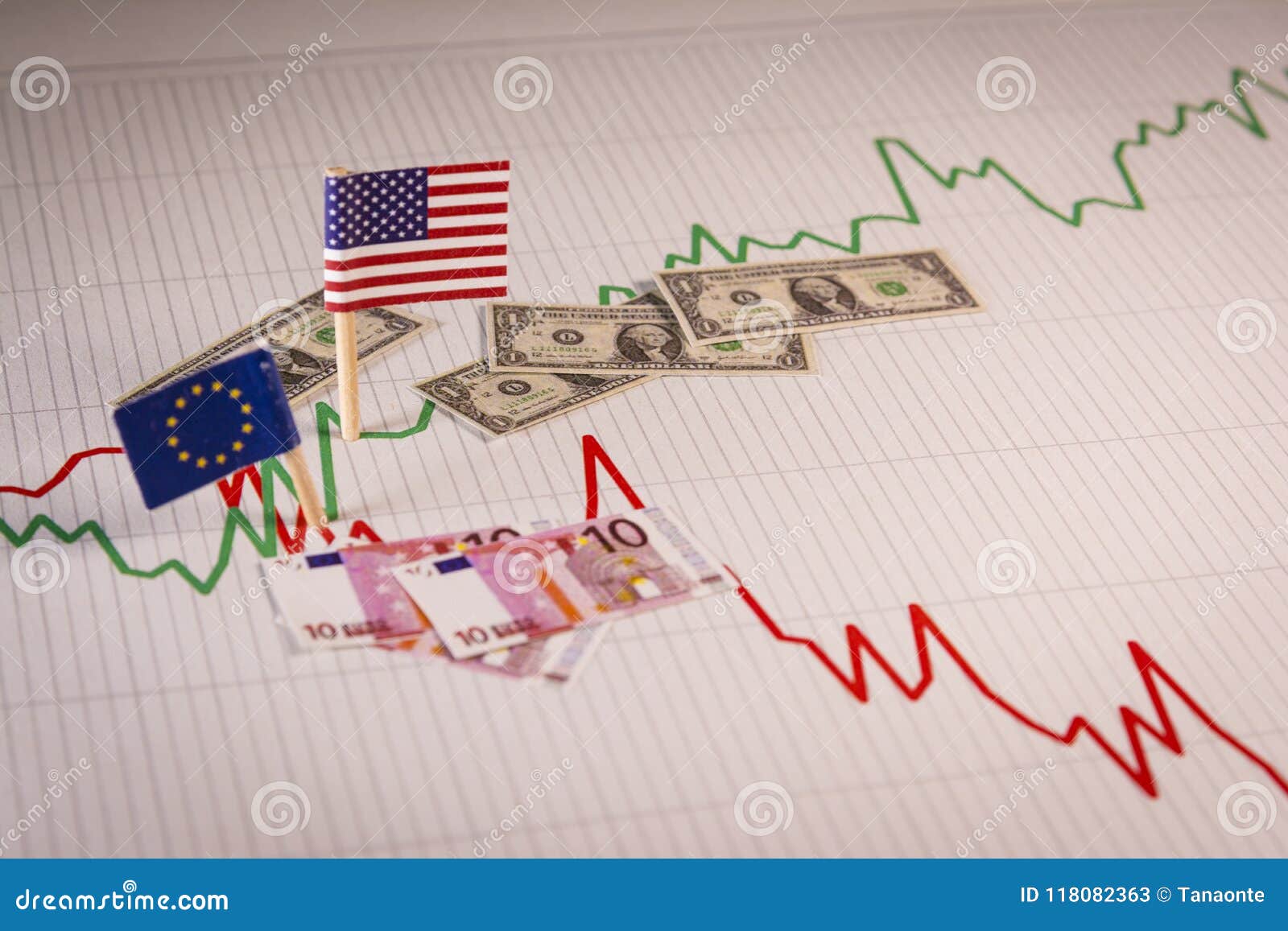Analysis: Dollar Weakness And Asian Currency Fluctuations

Table of Contents
Understanding the Weakening Dollar
Factors Contributing to Dollar Depreciation
Several interconnected factors contribute to the US dollar's depreciation. These include:
-
Global economic slowdown impacting US growth: A slowing global economy reduces demand for US goods and services, weakening the dollar. Concerns about a potential US recession further dampen investor confidence. This is a key driver of dollar weakness, impacting global trade and investment flows.
-
Federal Reserve monetary policy and interest rate adjustments: The Federal Reserve's monetary policy decisions, particularly interest rate adjustments, significantly influence the dollar's value. Lower interest rates can make the dollar less attractive to foreign investors, leading to depreciation. Conversely, interest rate hikes can strengthen the dollar, though this can also have negative effects on economic growth.
-
Increased US government debt and budget deficits: Large government debt and budget deficits can erode investor confidence in the US economy, putting downward pressure on the dollar. This is particularly true in a global environment where investors are seeking safer havens for their investments.
-
Geopolitical risks and their effect on investor confidence: Geopolitical instability and uncertainty, such as international conflicts or political turmoil, can negatively impact investor sentiment towards the dollar, prompting capital flight and currency depreciation. The resulting uncertainty increases the volatility of Asian currency fluctuations.
-
Increased demand for other global currencies (Euro, Yen, etc.): Increased demand for other major currencies, such as the Euro or the Japanese Yen, can lead to a relative weakening of the US dollar. This can be influenced by factors such as economic growth in the Eurozone or Japan, or even speculation in the foreign exchange market.
Impact of Dollar Weakness on Global Trade
The weakening dollar has profound implications for global trade:
-
Increased export competitiveness for Asian economies: A weaker dollar makes Asian exports cheaper for US consumers, boosting their export competitiveness. This is a significant benefit for Asian economies heavily reliant on exports.
-
Potential inflationary pressures due to increased import costs: Conversely, a weaker dollar increases the cost of imports for Asian countries, potentially leading to inflationary pressures. This is particularly true for countries that heavily rely on imported raw materials or energy.
-
Shifting global trade dynamics and investment flows: Dollar weakness can shift global trade dynamics, causing businesses to re-evaluate sourcing and investment strategies. It can lead to capital flows moving towards other currencies, further impacting the stability of Asian currencies.
-
Impact on US-based multinational companies with Asian operations: US companies with significant operations in Asia face currency exchange risks due to fluctuations. This requires careful management of foreign exchange exposures.
-
Potential for currency wars and retaliatory measures: Significant currency fluctuations can trigger retaliatory measures from countries feeling negatively impacted by their competitors' policies, potentially escalating into currency wars.
Asian Currency Responses to Dollar Weakness
Currency Appreciation and its Implications
Some Asian currencies have appreciated against the weakening dollar:
-
Analysis of specific appreciating Asian currencies (e.g., Japanese Yen, South Korean Won): The Japanese Yen and South Korean Won, for example, have shown periods of appreciation against the dollar, driven by factors such as strong export performance and investor confidence.
-
Impact on export competitiveness for those countries: While appreciation strengthens a country’s purchasing power, it can also hurt its export competitiveness as its goods become more expensive in international markets.
-
Potential for domestic inflation adjustments and monetary policy responses: Central banks in countries experiencing currency appreciation might adopt measures to mitigate potential deflationary pressures.
-
Attraction of foreign investment due to higher yields: A strong currency can attract foreign investment as it implies increased stability and higher returns.
Currency Depreciation and its Effects
Other Asian currencies have depreciated:
-
Analysis of specific depreciating Asian currencies (e.g., Indonesian Rupiah, Thai Baht): Currencies like the Indonesian Rupiah and Thai Baht have experienced periods of depreciation against the dollar.
-
Impact on import costs and potential for inflation: Depreciation increases import costs, leading to inflationary pressures, particularly in countries with significant import dependencies.
-
Challenges for businesses relying on imports: Businesses heavily reliant on imported goods face higher costs, impacting their profitability and competitiveness.
-
Government interventions and currency stabilization measures: Governments might intervene in the foreign exchange market to stabilize their currencies, attempting to manage the volatility and mitigate adverse economic consequences.
Regional Disparities in Currency Fluctuations
Factors Influencing Individual Currency Performance
The response of individual Asian currencies to dollar weakness varies significantly:
-
Country-specific economic policies and growth rates: A country's economic policies and growth rates play a critical role in determining its currency's performance. Strong economic fundamentals generally support a stronger currency.
-
Differences in levels of foreign exchange reserves: Countries with substantial foreign exchange reserves have more capacity to intervene in the market to manage currency fluctuations.
-
Trade balances and current account positions: A country's trade balance and current account position significantly impact its currency's value.
-
Political stability and investor confidence: Political stability and investor confidence are key drivers of currency value.
-
The role of capital flows and foreign direct investment: Capital flows and foreign direct investment influence currency values, with inflows strengthening the currency and outflows weakening it.
Case Studies of Specific Asian Economies
Analyzing specific Asian economies reveals diverse responses to dollar weakness. For example, countries with robust export sectors and strong economic fundamentals may experience less volatility than those with weaker economies and greater reliance on imports. Detailed case studies examining the unique circumstances and policy responses of individual nations would provide further insights into the complexities of these fluctuations.
Conclusion
The weakening US dollar has created a complex and dynamic environment for Asian currencies. Understanding the factors driving dollar weakness and their impact on individual Asian economies is crucial for investors, businesses, and policymakers. The interplay between global economic trends, national policies, and market sentiment shapes the volatility experienced in Asian currency markets. This analysis highlights the need for continuous monitoring of these interconnected factors. For further insights into the ongoing impact of dollar weakness and Asian currency fluctuations, stay updated on market developments and consult expert financial analyses. Effectively navigating this evolving landscape requires a keen awareness of dollar weakness and its impact on Asian currency fluctuations.

Featured Posts
-
 Bi Bi Si V Baku Azerbaydzhan Trebuet Priostanovit Rabotu
May 06, 2025
Bi Bi Si V Baku Azerbaydzhan Trebuet Priostanovit Rabotu
May 06, 2025 -
 Robert Pattinsons Diaper Changing Expertise
May 06, 2025
Robert Pattinsons Diaper Changing Expertise
May 06, 2025 -
 The Monkey 2025 A Potential Low Point In A Strong Year For Stephen King Adaptations
May 06, 2025
The Monkey 2025 A Potential Low Point In A Strong Year For Stephen King Adaptations
May 06, 2025 -
 Hasil Piala Asia U 20 Iran Hancurkan Yaman 6 0
May 06, 2025
Hasil Piala Asia U 20 Iran Hancurkan Yaman 6 0
May 06, 2025 -
 Arnold Schwarzenegger Supports Son Patricks Nude Scene
May 06, 2025
Arnold Schwarzenegger Supports Son Patricks Nude Scene
May 06, 2025
